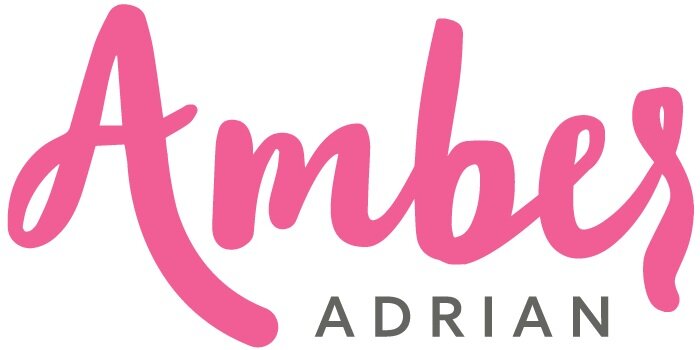Honestly, I still expect my intuition to sound like a choir of angels or a trumpet from the backseat of a Cadillac convertible.
Sometimes it does. Sometimes I need something with a little heft and a little neon. Sometimes intuition is really clear.
But most of the time, my intuition sounds like most of the other little voices in my head. “Take an umbrella.” “Don’t go to that thing tonight.” “Now that you’ve decided not to go to that thing tonight, do go to that thing tonight. Oh, and you need to leave right now.”
Listening to your intuition, to that little voice in your head that speaks more softly than your doubt, more comfortably than your strident logic, is the learning process of a lifetime.
It can feel muddy. Because the intuition voice often does sound like the other voices. The voices of our parents. Of our teachers. Of friends. Of society. Of people who may or may not know what you need or may or may not have your best interests in mind. Those other internal voices that may be your ego or your logic.
But we can hone our intuition just like we’d hone any other skill: with attention and practice.
How to Hear Your Intuition
Here are two of my favorite ways to strengthen intuition:
Quiet your mind.
Take note of all the voices and messages that might be intuition.
When we can quiet our brains, allow our spinning thoughts to rest, our intuition comes through more clearly. Because it’s not trying to compete with so many other voices. The more you quiet your brain, the more powerfully your intuition will come through.
Learning to hear and follow your intuition simply requires practice.
One of the things I tell my clients is to write down thoughts they think might be intuition. You don’t have to follow it yet, just take notes. Take note of all those moments that might be intuition. Notice which ones keep repeating themselves. Take note of what happens when you follow that voice that you think might be your intuition, and what happens when you don’t.
Your intention, attention, and practice will help the voice of your intuition become crystal clear.
Viewing intuition as practice - rather than something we either can do or can’t do - is so sweet. We don’t need to be spiritual perfectionists who follow our intuition infallibly. Instead, we’re gathering information. Listening to see how that voice sounds, what it says, how it does and doesn’t sound like the other voices in our heads.
A little practice and you’ll begin distinguishing it with ease.
Last Friday, Brandon’s intuition told him to leave work early. It said, “Go home, you’re not going to get anything else done today.”
He didn’t listen. He let his logic - the voice that says things like “You can’t just leave work early, you need money, slackers leave work early” - override his intuition. Later that night he came home frustrated because, thanks to a confluence of events, he got nothing done and would have been much better served by a nice afternoon at home.
While that doesn’t make for the perfect Friday, it was good information. He heard the voice, he knew it was intuition, he didn’t listen, and he saw what happened. That experience helped build his intuition muscle memory. That experience made it just that much easier to listen and follow the intuitive voice next time.
As we pay attention to what happens when we do listen to our intuition and what happens when we don’t, we start to see and feel how beautifully we’re being guided all day every day.
One more thing to remember about intuition:
Intuition feels no need to be consistent.
Rather than telling you what’s true or what’s “right,” your intuition will tell you what you need to hear.
Which is one of the reasons things can get so confusing.
Me: “But you said not to do that thing tonight?”
Intuition: “Yes, because I didn’t want you to worry about it all day!”
Me: “But now you’re saying I do need to do that thing tonight? And, in order to be on time, I need to leave right now even though I still have to shower?”
Intuition: “Yes! What fun motion and momentum, right?”
Me: [growls] [dives into the shower] [drives into the city and has a great time]
Most importantly, there’s no way to miss what your soul is telling you. There’s no right way to do things and no wrong way to do things. If you miss one message, your soul will send another. If you don’t listen, the messages will get louder.
Eventually, you’ll hear what your soul is telling you. And the more you practice listening to the voice of your intuition and doing what it says (logic and the voice of society bedamned), the faster that process will go. :)
Lots of love,
Amber
P.S. If you enjoyed this, you’ll love my newsletter! Give it a try here.
P.P.S. If learning to hear your intuition and follow your own internal GPS is something you’d like to explore, I created something to help. Read about it here.

